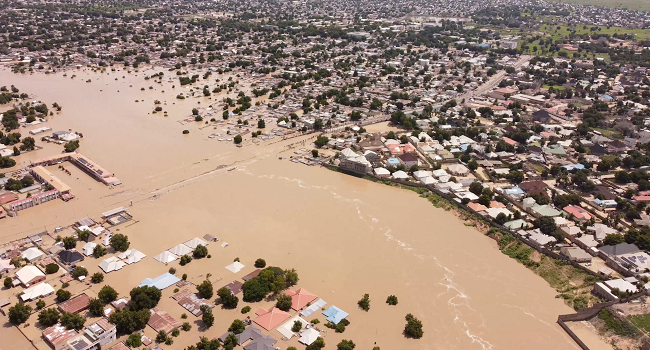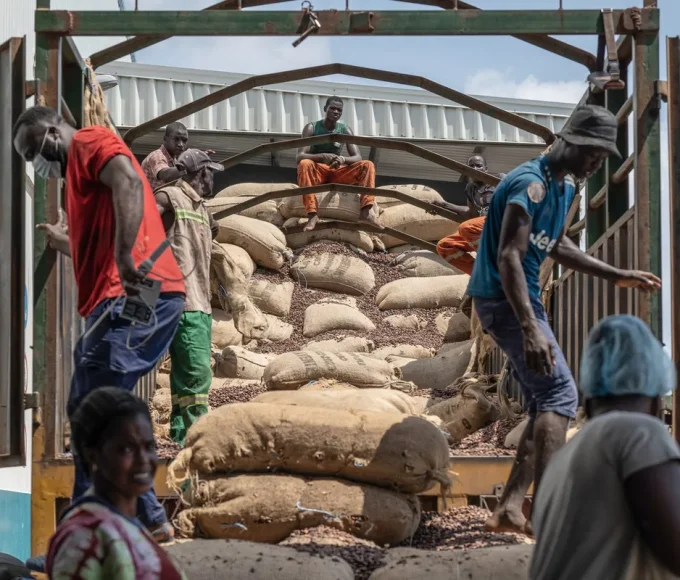
Flood: University Of Maiduguri Teaching Hospital Stops Admitting Patients Fears Disease Outbreaks

The University of Maiduguri Teaching Hospital has stopped admitting new patients over concerns of contamination and hospital-acquired infections following the recent flooding in the city.
Speaking to Al Jazeera, Prof. Ahmed Ahidjo, the hospital’s Chief Medical Director, said the flood had severely affected the facility, and only emergency operations are being performed.
He explained that many costly machines in the facility were submerged by the flood.
He stated, “It will be very difficult to categorically state the extent of the damage but I have been in this hospital for the last 35 years and I have never seen something like this.
“Virtually the hospital is the largest in the whole of West Africa with about 1,300 bed capacity and the whole of the ground floor and the whole of the centres, we have about 14 specialised centres of excellence. They were all flooded. And some of the machines, they are very expensive, you know in the medical field.
“The cancer machines are truly expensive. The radiologic department is very expensive. The laboratories are very expensive. The kidney centre machines are very expensive. All these machines are submerged in water.”
He said due to these issues, the hospital decided to stop admitting new patients to prevent possible outbreaks of diseases.
“For now we only carry emergency operations, we have suspended admission because of fear of contamination. We fear that patients may get hospital-acquired infections and other forms of diseases because the whole of the hospital’s sewage is flooded and there is a mixing of this sewage fluid into the hospital premises. So it is difficult for us to handle new patients now, we are just managing.”
“The patients on admission, we have to give them basic support, we had to move all of them upstairs. And another challenge that we have is that the oxygen plant of the hospital is also flooded,” he said, adding that if an emergency comes in, it may be very difficult to handle.
About The Author
Related Articles
US Security Narrative Shifts from Terrorism to Mining in Nigeria
A new bill introduced in the United States Congress is drawing attention...
ByWest Africa WeeklyFebruary 12, 2026Galatasaray Ready to Sell Osimhen if Barcelona Meet €80m Valuation
Victor Osimhen could be on the move again as Spanish giants Barcelona...
ByWest Africa WeeklyFebruary 12, 2026Senegal Unveils $100m Onshore Oil and Gas Plan After Revoking Idle Licenses
Senegal is moving ahead with a new $100 million onshore oil and...
ByWest Africa WeeklyFebruary 12, 2026Ghana’s Cocoa Crown Under Threat as Nigeria, Ecuador and Indonesia Close In
Ghana’s position in the global cocoa industry is facing mounting pressure as...
ByWest Africa WeeklyFebruary 12, 2026











